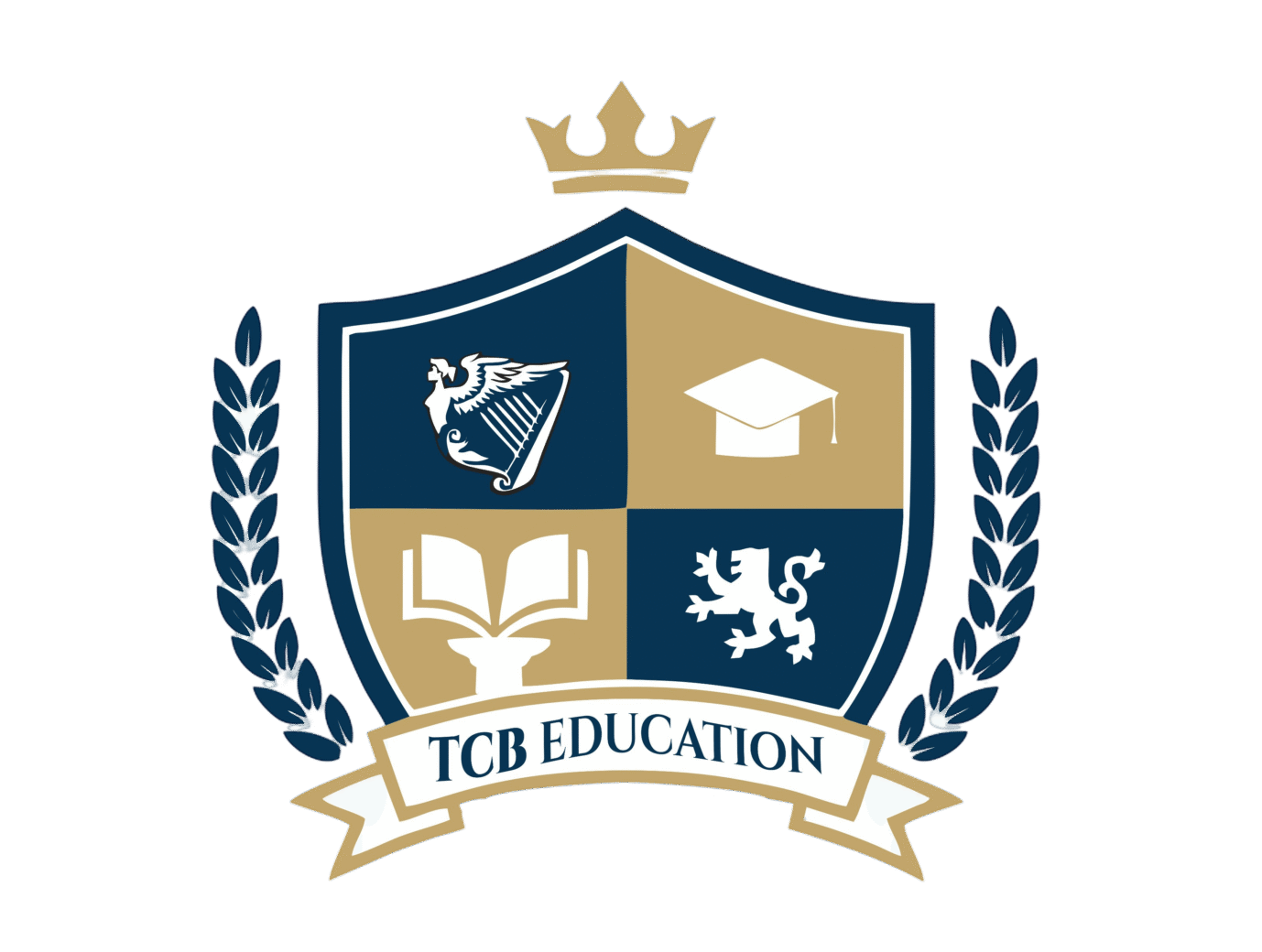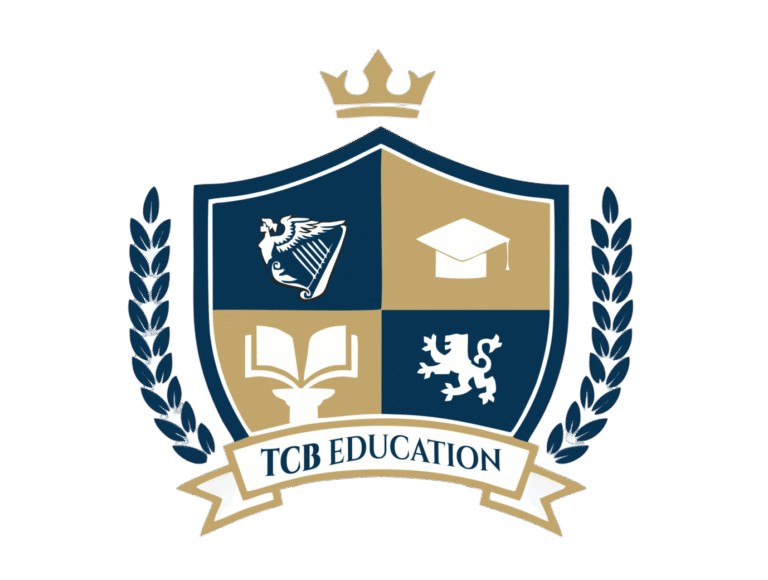Before jumping into a decision whether to enroll in an MBA or an MSc program, you must be aware of the difference between these two programs. If you are looking to develop your business and management skills to take leadership roles, pursue corporate careers, or start your own business, you must pursue an MBA. Alternatively, an MSc program emphasizes academic and research-oriented disciplines such as science or engineering and is designed to prepare graduates for careers in academia, including roles like lecturers or professors.
MBA vs MSc
| Factor | MBA | MSc |
| Programme | Master of Business Administration | Master of Science |
| Purpose | For students who want to learn about business and related sectors | For students who want to pursue a postgraduate programme in science, social science, math, engineering, and other fields |
| Duration | 15 months – 2 years | 1-2 years |
| Fees | US$60,000 | US $15,000 – US $20,000 |
Before evaluating which degree path fits your aspirations, it is important to first understand the difference between MBA and MSc programs in detail.
What is an MBA?
An MBA (Master of Business Administration) is a postgraduate qualification designed to provide comprehensive expertise in business and management principles. Open to individuals from a wide range of academic and professional backgrounds, it is internationally accredited and valued across industries—particularly in the business world.
Typically pursued at a mid-career stage, the MBA curriculum combines rigorous theoretical study with opportunities for hands-on experience in leadership, strategic decision-making, and organizational management.
10 Popular Courses in MBA:
- Marketing
- Economics
- Accounting
- Finance
- Business Law
- Entrepreneurship
- International Business
- Operations Management
- Business Strategy
- Organizational Behaviour
What is an MSc?
An MSc (Master of Science) is a postgraduate qualification, generally completed over one to two years, offering specialized study in disciplines such as science, technology, engineering, medicine, social sciences, and mathematics.
It allows students to deepen their expertise in a chosen field, building on undergraduate knowledge and equipping them with advanced theoretical and practical skills.
10 Popular Courses in MSc:
- Economics
- Marketing and Management
- Computer Science
- Information Technology
- Agriculture
- Biotechnology
- Engineering
- Management
- Psychology
- International Relations
An In-Depth Comparison of MBA and MSc Programs
MBA
- The key focus of an MBA programme lies in the study of business management and administrative practices.
- It offers a comprehensive overview of core business disciplines, including finance, marketing, human resources, operations, strategic planning, and entrepreneurship.
- The curriculum is designed to develop students’ abilities to lead organizations, formulate strategic decisions, and manage teams within corporate settings.
MSc
- The key focus of an MSc program varies significantly based on the specific discipline.
- These programs are designed to provide deep, specialized knowledge and technical expertise in the selected area of study.
- MSc degrees typically concentrate on a particular field, such as computer science, information technology, engineering, data science, agriculture, finance, psychology, or other scientific and technical domains.
Curriculum
The MBA curriculum generally comprises subjects such as
- Business Fundamentals
- Leadership
- Organizational Behaviour
- Management Principles
- Marketing
- Finance
- Operations
- Business Strategy
- Ethics
The MSc curriculum generally comprises subjects such as
- Advanced Coursework
- Research Projects
- Laboratory Work
- Hands-on Training
Course length
MBA
- A full-time MBA program typically requires between 15 months and 2 years to complete.
- Although classroom hours may be limited, the overall workload is considerable.
- Students are expected to commit at least 40 hours per week to academic activities, including lectures, assignments, group work, and independent study.
MSc
- Beyond lectures, practical sessions, and assignments, MSc students are generally expected to engage in substantial self-directed study outside scheduled class hours.
- A full-time MSc typically takes one to two years to complete. While timetables may vary by course, a minimum of 20 hours per week of independent study is recommended.
Cost of education
MBA
The average tuition cost for a two-year MBA program exceeds USD $60,000. For those enrolling in prestigious international business schools, tuition fees can surpass USD $100,000.
MSc
The average tuition for a two-year MSc programme ranges from USD $15,000 to $20,000. Many universities provide scholarship opportunities, and certain countries offer financial support for postgraduate students.
Career guidance
MBA
MBA graduates often embark on careers within the business and corporate sectors.
Their skill set aligns well with positions such as:
- Marketing executive
- Marketing Manager
- Project manager
- Business consultant
- Financial analyst
MSc
MSc graduates often pursue careers in scientific and technical domains, particularly in research, development, and analytical problem-solving. Potential career paths include roles such as:
- Researcher
- Data scientist
- Software engineer
- Laboratory scientist
- Healthcare specialist
- Environmental analyst
Career prospects
- MBA graduates generally command higher starting salaries compared to MSc holders. However, long-term career advancement is multifaceted and largely influenced by an individual’s capabilities, performance, and professional growth.
- MBA graduates typically follow career paths within the business and corporate sectors. In contrast, MSc graduates often enjoy a wider range of opportunities across various technical, scientific, and academic fields.
MBA vs MSc: Prospective salary range after graduation
The earnings of MBA and MSc graduates are influenced by various factors, including industry, geographic location, professional experience, and role-specific demands. Nevertheless, MBA holders typically earn more salaries compared to MSc graduates in most cases.
Average salaries for MBA and MSc graduates in the U.S.
| Job role | Average salary (in USD) |
| Marketing Manager (MBA) | $84,996 |
| Project Manager (MBA) | $95,079 |
| Business Consultant (MBA) | $92,059 |
| Financial Consultant (MBA) | $120,000 |
| Data Scientist (MSc) | $129,836 |
| Process Development Scientist (MSc) | $112,500 |
| Biomanufacturing Engineer (MSc) | $83,491 |
| Agricultural Scientist (MSc) | $102,500 |
Source: talent.com
What career prospects are open to MBA and MSc graduates internationally?
MBA Graduates
- Marketing Manager
- Field Marketing Manager
- Human Resource Manager
- Project Manager
- Financial Analyst
- Financial Consultant
- Business Consultant
MSc Graduates
- Research Analyst
- Academic Lecturer
- Agricultural Scientist
- Biomanufacturing Engineer
- Data Scientist
- Process Development Scientist
- Marine Biologist
MBA vs MSc: Which programme to choose?
Both MBA and MSc programs offer distinct advantages and aim to support students in advancing their academic and professional development. Ultimately, it is the responsibility of international students to select the program that aligns with their personal goals and interests. When choosing between the two, three key factors should be taken into account.
Industry relevance
- Various industries may have a preference for one degree over the other, so it is important to research the sectors of interest and determine which degree is most valued within those fields.
- Fields such as consulting and finance typically favor MBA graduates for their broad understanding of business principles and leadership skills.
- Sectors like engineering, agriculture, data science, and research often prioritize candidates holding an MSc degree.
FAQs
What is the difference between MBA and MSc?
Ans: The primary distinction between an MBA and an MSc resides in their respective areas of concentration and curriculum. An MBA is a professional qualification centered on business management, leadership, and entrepreneurship. In contrast, an MSc is a postgraduate degree in science or a specialized technical discipline, with an emphasis on research, analytical skills, and the practical application of knowledge.
Is MBA and MSc the same?
Ans: No, an MSc and an MBA are distinct degrees. An MBA, or Master of Business Administration, is a professional degree that emphasizes business management, leadership, and entrepreneurial skills. In contrast, an MSc, or Master of Science, is centered around technical and research-focused disciplines in specialized fields.
Who earns more, MBA or MSc graduates?
Ans: In general, MBA graduates tend to earn higher salaries in business and management positions compared to MSc graduates, whose strengths lie in more technical or research-focused roles.


